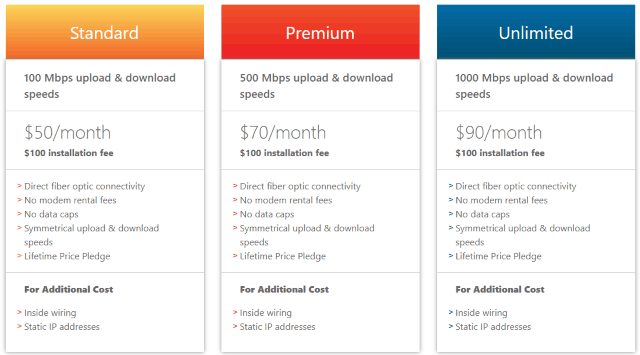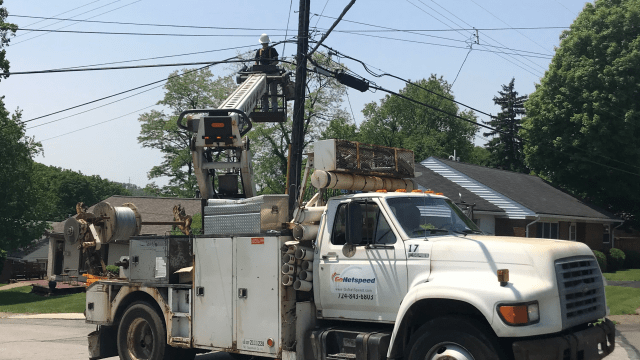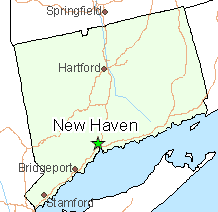 Verizon 5G Home will begin accepting new customer orders for its in-home wireless broadband replacement as of this Thursday, Sept. 13, with a scheduled service launch date of Oct. 1.
Verizon 5G Home will begin accepting new customer orders for its in-home wireless broadband replacement as of this Thursday, Sept. 13, with a scheduled service launch date of Oct. 1.
The new high-speed wireless service will be available in select parts of Houston, Indianapolis, Los Angeles, and Sacramento.
Verizon CEO Hans Vestberg is calling the service part of Verizon’s 5G Ultra Wideband network. Initial reports indicate speed will range between 300-1,000 Mbps and existing Verizon Wireless customers will get a $20 price break on service — $50 a month instead of $70 for non-Verizon Wireless customers. We are still waiting word on any data caps or speed throttle information. Verizon informs Stop the Cap! there are no data caps or speed throttles. Service is effectively unlimited, unless hidden terms and conditions introduce unpublished limits.
Interested customers can determine their eligibility starting at 8 a.m. ET on Thursday from the Firston5G website. If you are not eligible initially, you can add your email address to be notified when service is available in your area.
Early adopters will be awarded with a series of goodies:
- Free installation (a big deal, since it could cost as much as $200 later. An external antenna is required, as well as in-home wiring and equipment.)
- 90 days of free service (a good idea, considering there may be bugs to work out)
- 90 days of free YouTube TV (a welcome gift for cord-cutters)
- Free Chromecast or Apple TV 4K (a common sign up enticement with streaming cable-TV replacements)
- Priority access to buy forthcoming line of 5G-capable mobile devices
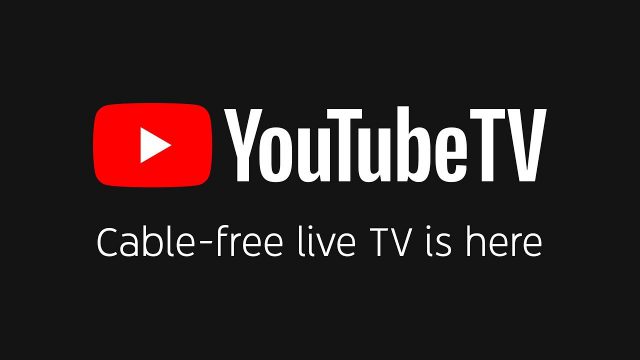 Customers in the first four launch cities will be using equipment built around a draft standard of 5G, as the final release version is still forthcoming. Verizon is holding off on additional expansion of 5G services until the final 5G standard is released, and promises early adopters will receive upgraded technology when that happens.
Customers in the first four launch cities will be using equipment built around a draft standard of 5G, as the final release version is still forthcoming. Verizon is holding off on additional expansion of 5G services until the final 5G standard is released, and promises early adopters will receive upgraded technology when that happens.
Verizon is clearly providing a greater-than-average number of enticements for early adopters, undoubtedly to placate them if and when service anomalies and disruptions occur. Although Verizon has done limited beta testing of its 5G service, it is very likely the 5G network will get its first real shakeout with paying customers. Unanticipated challenges are likely to range from coverage and speed issues, unexpected interference, network traffic loading, the robustness of Verizon’s small cell network, and how well outside reception equipment will perform in different weather conditions, particularly heavy rain and snow. With a large number of freebies, and no charges for 90 days, customers are likely to be more forgiving of problems, at least initially.
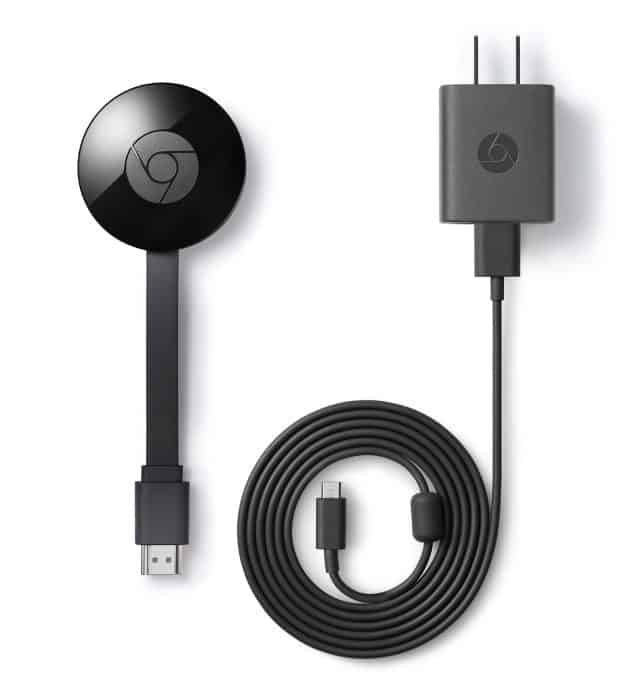
Chromecast
Verizon’s 5G network depends on millimeter wave spectrum, which means it will be capable of providing very high-speed service with greater network capacity than traditional 4G LTE wireless networks. But Verizon will have to bring 5G antennas much closer to subscribers’ homes, because millimeter wave frequencies do not travel very far.
Verizon will combine a fiber backhaul network with small cell antennas placed on top of utility and light poles to reach customers. That explains why Verizon’s initial 5G deployment is unlikely to cover every customer inside city limits. There are substantial deployment costs and installation issues relating to small cells and the optical fiber network required to connect each small cell.
Verizon’s existing FiOS network areas will offer an easier path to introduce service, but where Verizon does not offer its fiber to the home service, it will need to bring fiber optic cables deep into neighborhoods.
AT&T sees a similar challenge to 5G and is openly questioning how useful wireless 5G can be for urban/suburban broadband service, considering it can simply extend fiber optic service to those homes and businesses instead, without a costly 5G small cell deployment.
Verizon introduces 5G wireless in-home broadband in four U.S. cities and starts taking new customer orders on Thursday. (1:00)
Article updated at 6:28pm ET with information about data caps and speed throttles provided by Verizon.


 Subscribe
Subscribe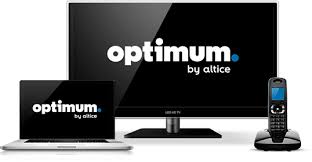 Altice USA this week launched symmetrical gigabit broadband over its new fiber-to-the-home network in parts of Long Island.
Altice USA this week launched symmetrical gigabit broadband over its new fiber-to-the-home network in parts of Long Island.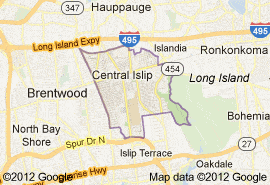 “Altice USA is focused on offering the best network and connectivity experience, and the activation of our full-fiber network with smart Wi-Fi, the most advanced of its kind in the nation, demonstrates our commitment to creating converged customer experiences,” said Hakim Boubazine, Altice USA co-president and chief operating officer. “Delivering our symmetrical Altice Gigabit fiber service is just the start as we continue to scale our fiber network to bring our customers up to 10 gigabit internet speeds to support the explosive growth of data usage while laying the groundwork for the future of the connected universe.”
“Altice USA is focused on offering the best network and connectivity experience, and the activation of our full-fiber network with smart Wi-Fi, the most advanced of its kind in the nation, demonstrates our commitment to creating converged customer experiences,” said Hakim Boubazine, Altice USA co-president and chief operating officer. “Delivering our symmetrical Altice Gigabit fiber service is just the start as we continue to scale our fiber network to bring our customers up to 10 gigabit internet speeds to support the explosive growth of data usage while laying the groundwork for the future of the connected universe.” West Virginia still ranks 43rd in the nation for having the worst broadband availability, despite claims from providers like Frontier Communications that rural broadband expansion has been ongoing and have cost the company tens of millions of dollars.
West Virginia still ranks 43rd in the nation for having the worst broadband availability, despite claims from providers like Frontier Communications that rural broadband expansion has been ongoing and have cost the company tens of millions of dollars.
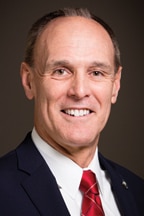
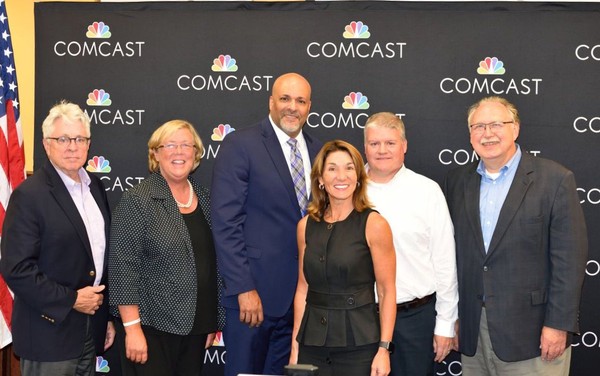
 A divide and conquer campaign to peel off communities from the WiredWest project has been underway for years. Earlier this year, MBI
A divide and conquer campaign to peel off communities from the WiredWest project has been underway for years. Earlier this year, MBI  A Rochester, N.Y.-based broadband company founded by an ex-president of Time Warner Cable and a former top executive at Rochester Telephone is bringing broadband competition to thousands of residents in Connecticut and Pennsylvania through its fiber-to-the-home network.
A Rochester, N.Y.-based broadband company founded by an ex-president of Time Warner Cable and a former top executive at Rochester Telephone is bringing broadband competition to thousands of residents in Connecticut and Pennsylvania through its fiber-to-the-home network.